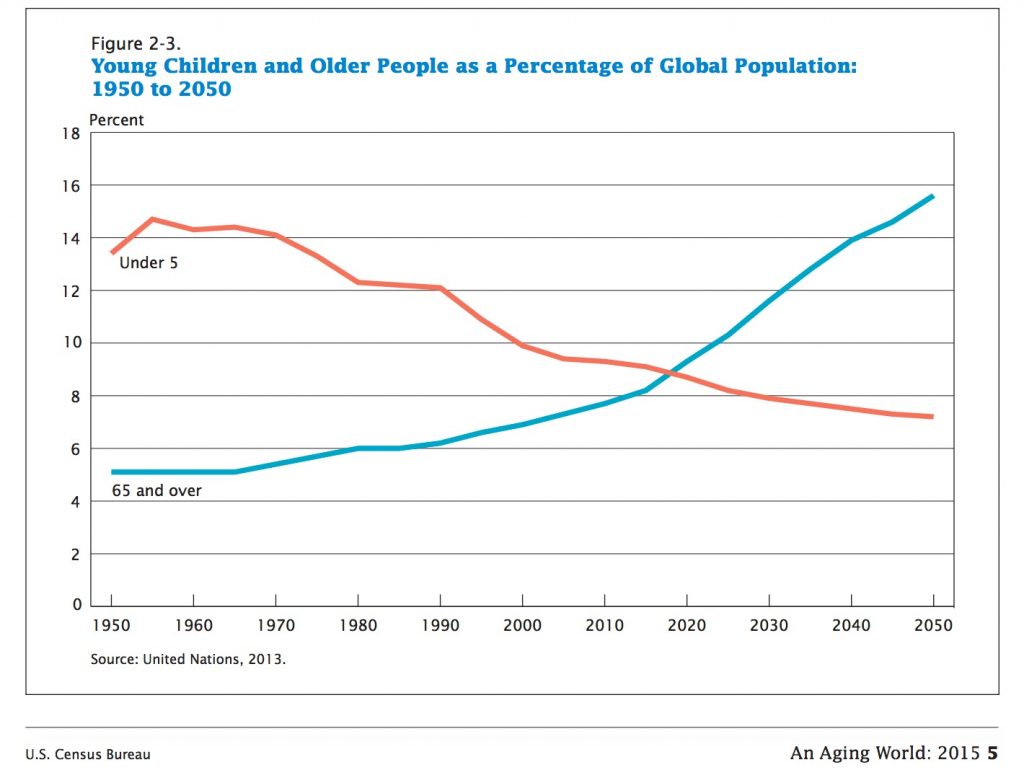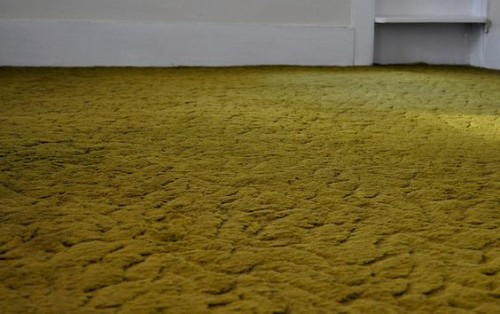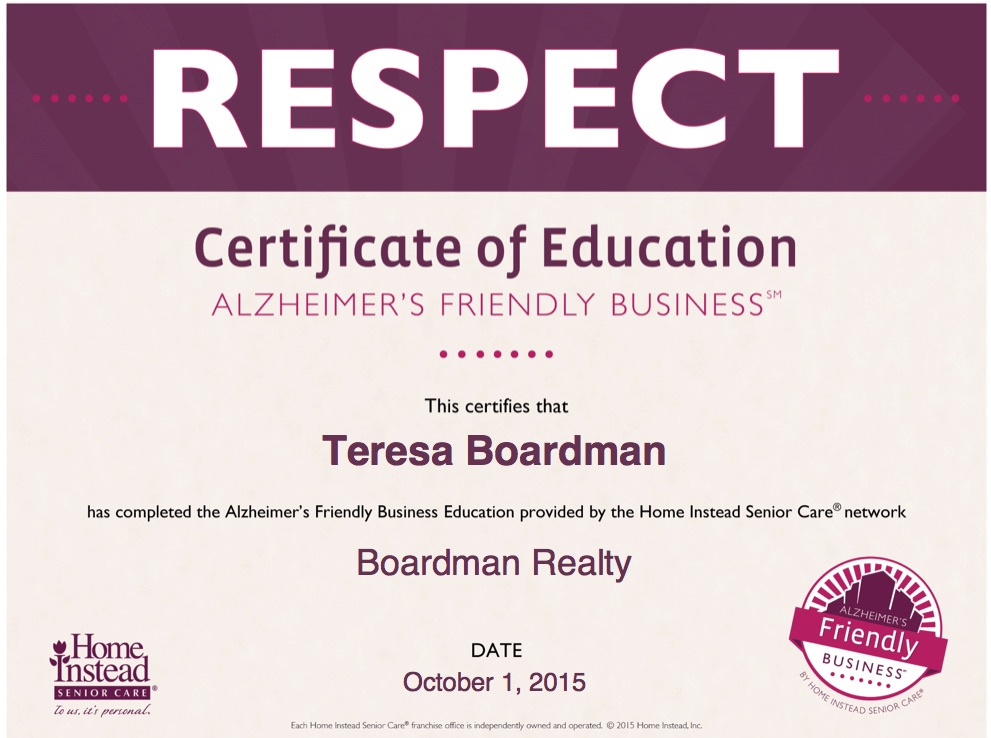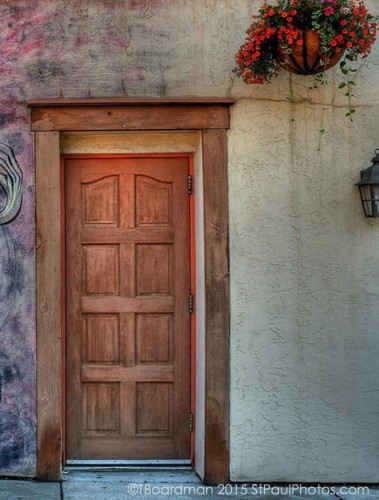
While it is true that the baby boom generation is no longer the largest generation it is also true that the whole world is aging and at some point in the next three years or so for the first time in human history there will be more 65 year olds than there are five year olds.
We really have no way of knowing if this trend will some day be reversed but for now we need to work with what we have.
As the daughter of elderly parents I wonder if our housing will be adequate as we age. Our current system of providing care for the elderly doesn’t make a lot of sense either. The U.S. isn’t as old as some other countries mostly because of immigration but it looks like that could change in the near future too.
From a business point of view I think now is a great time to develop products and services for older American’s and for the very old. Elders could benefit from the use of more technology. Last year I bought my dad an Amazon echo. He can now do all sorts of things for himself using voice commands.
I see old people every day and all of the time.





